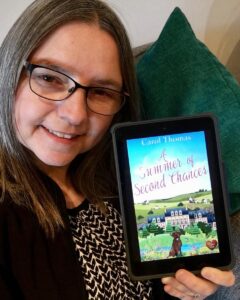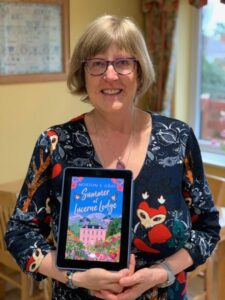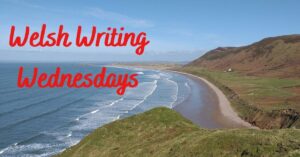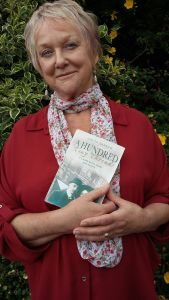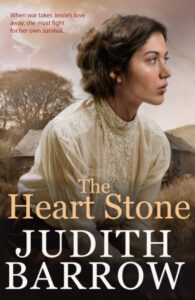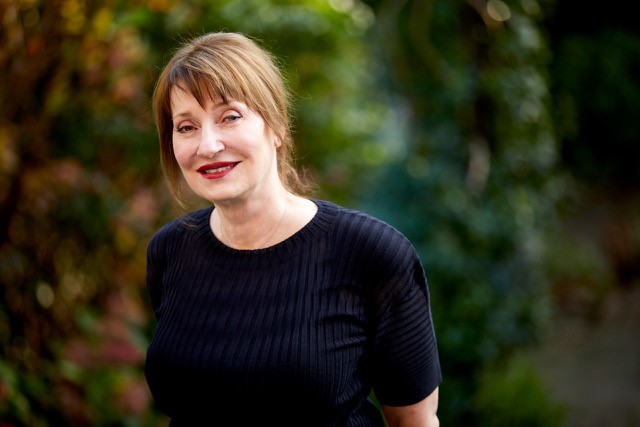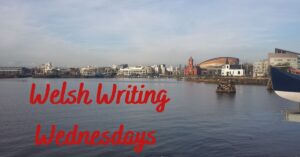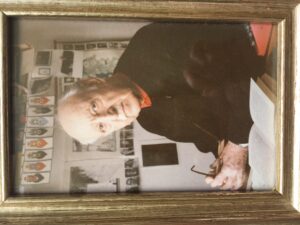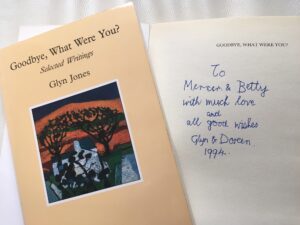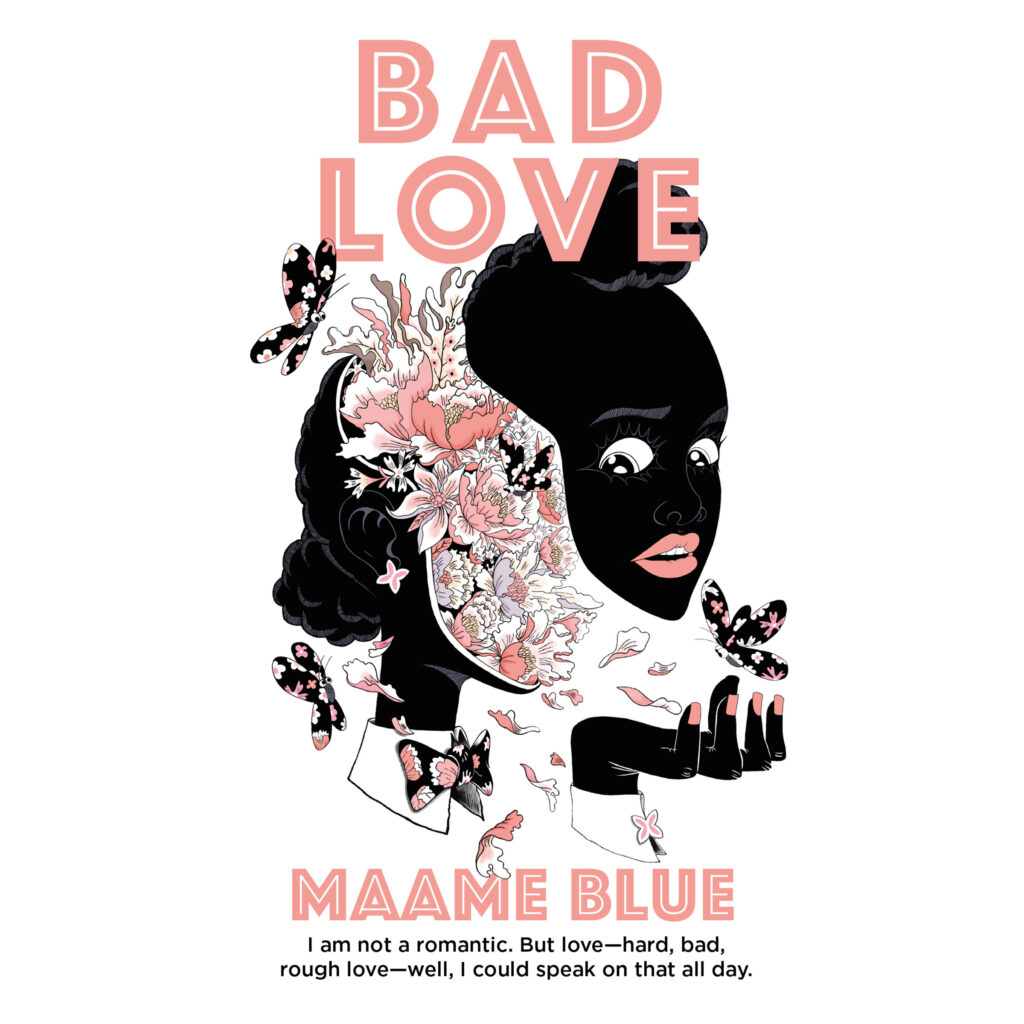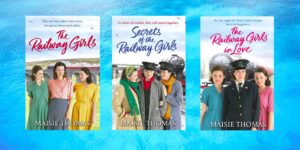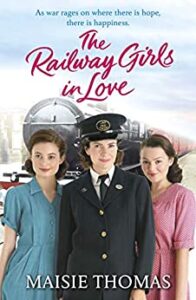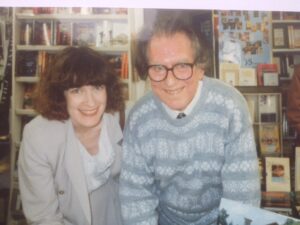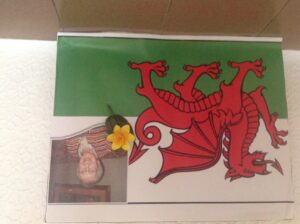Not all romance writers are women… so I asked Mick Arnold to write about his publishing journey.
Good day and thank you very much for having me. My name is Mick Arnold and I write sagas as M W Arnold.
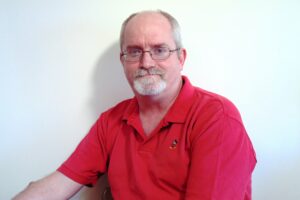 Those are words I certainly don’t think I’d have been putting down even a year or two back. So what was I doing at that time? Well, doing my best to recover after being laid low by illness, to be truthful and writing wasn’t top of my to-do list. I had written and indeed, had a women’s fiction novel, ‘The Season for Love’ published back in 2017, but whilst recovering I hadn’t been able to pick up my work-in-progress. An author friend persuaded me to try something different, something which wouldn’t put me in a bad place, so to speak.
Those are words I certainly don’t think I’d have been putting down even a year or two back. So what was I doing at that time? Well, doing my best to recover after being laid low by illness, to be truthful and writing wasn’t top of my to-do list. I had written and indeed, had a women’s fiction novel, ‘The Season for Love’ published back in 2017, but whilst recovering I hadn’t been able to pick up my work-in-progress. An author friend persuaded me to try something different, something which wouldn’t put me in a bad place, so to speak.
Shortly after she’d made this suggestion – the author in question was Elaine Everest by the way – I watched a documentary on the Air Transport Auxiliary. This sparked something inside me and shortly after, I found myself scrolling around the internet to find out more about this organization who were responsible for the delivery of the military aircraft used by the Royal Air Force during WW2.
Fast forward about nine or so months, and I found myself pitching the story to some agents at the Romantic Novelists’ Association conference. Nothing came of that, so I began to pitch it to publishers online. I ended up with a contract for what became ‘A Wing and a Prayer’ with the American publishing house, The Wild Rose Press. From virtually out of nowhere, I was being published again.
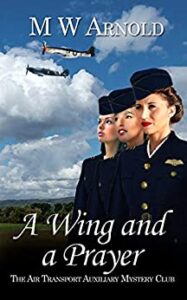 Once more, I’ve found myself published in a predominantly female line of publishing…I couldn’t be happier! I’ve many good friends in the romance genre due to my previous book and my membership of the Romantic Novelists’ Association, and I’m very happy to have found the same very warm welcome in the saga/historical genre. I do find this a little strange as in most lines of work where you are in direct competition, there is much back-stabbing, but there has been none of that. Everyone has been so very welcoming and I feel as if I’m in a big, happy family. I don’t feel like I’ve been treated any different being a man as I would if I were a woman, and there aren’t many lines of work I reckon could say that.
Once more, I’ve found myself published in a predominantly female line of publishing…I couldn’t be happier! I’ve many good friends in the romance genre due to my previous book and my membership of the Romantic Novelists’ Association, and I’m very happy to have found the same very warm welcome in the saga/historical genre. I do find this a little strange as in most lines of work where you are in direct competition, there is much back-stabbing, but there has been none of that. Everyone has been so very welcoming and I feel as if I’m in a big, happy family. I don’t feel like I’ve been treated any different being a man as I would if I were a woman, and there aren’t many lines of work I reckon could say that.
My one regret? Well, no prizes for guessing. I’ve only, like everyone else, been able to chat online with my fellow authors and I really can’t wait for that to end!
Find out more about Mick and his books at https://www.facebook.com/MWArnoldAuthor

